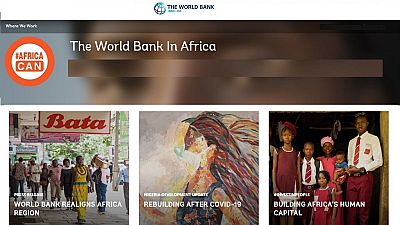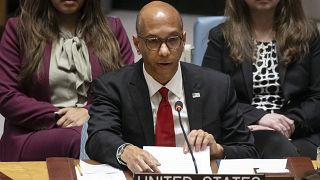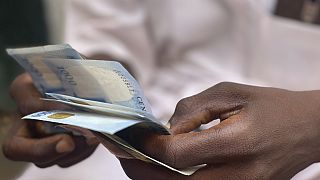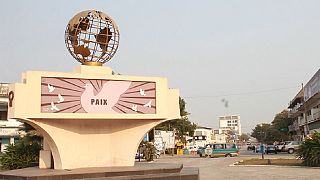Africa
The World Bank on Wednesday classified Mauritius as a High Income country while Tanzania and Benin are now considered Lower-middle income countries, classifications that are being celebrated in these African economies.
Tanzania’s president John Pombe Magufuli shared the news on social media, highlighting the fact that the feat has been achieved five years earlier than projected.
“Today, the World Bank has declared Tanzania Middle Income Country…We had envisaged to achieve this status by 2025 but, with strong determination, this has been possible in 2020,” Magufuli tweeted.
Today, the World Bank has declared Tanzania Middle Income Country. In this regard, I congratulate all my compatriots for this historic achievement. We had envisaged to achieve this status by 2025 but,with strong determination, this has been possible in 2020. GOD BLESS TANZANIA.
— Dr John Magufuli (@MagufuliJP) July 1, 2020
According to the World Bank data, Tanzania’s Gross National Income (GNI) per capita as of July 1, 2020 is $1,080 up from $1,020 in 2019. Benin’s GNI per capita is $1,250 while Mauritius is now at $12,740. (The GNI per capita is the dollar value of a country’s final income in a year, divided by its population.)
“In each country, factors such as economic growth, inflation, exchange rates, and population growth influence GNI per capita. Revisions to national accounts methods and data can also influence GNI per capita,” read part of the World Bank statement explaining the changes in classifications.
“National accounts revisions have played a significant role in the upward revision for Benin, Nauru and Tanzania.”
Sudan and Algeria however had their fortunes reversed as they were moved to lower categories. Sudan which was classified as a lower-middle income country in 2019 is now a low income country, while Algeria moved from upper-middle income to lower-middle income.
“For Sudan, the GNI series for 2009-2018 has been revised as a result of revisions to the exchange rates. The 2018 GNI per capita figure has been revised down to $840 from the previously published figure of $1,560,” the World Bank explained.
“Algeria, Indonesia, Mauritius, Nepal, Sri Lanka and Romania were very close to the respective thresholds last year.” The bank also explained that because the classifications use the GNI of the previous year, the data used does not reflect the impact of the ongoing coronavirus pandemic.






![Africa's hight cost of climate change [Business Africa]](https://static.euronews.com/articles/stories/08/77/73/84/320x180_cmsv2_065e40c7-90d8-5143-b8da-c4885db015dc-8777384.jpg)


![New era of sovereignty in Mali's gold sector [Business Africa]](https://static.euronews.com/articles/stories/08/77/73/76/320x180_cmsv2_04bbdd41-5576-5c9e-9bd3-f09c391cff64-8777376.jpg)



01:15
Tanzania building collapse: Rescue efforts continue as govt vows stern action
01:17
COP29 finance talks lag as the summit reaches its halfway mark
01:38
COP29: What next for Africa's energy transition?
01:00
Civil society takes center stage at Brazil’s G20 social summit
01:58
Climate adaption: Unfulfilled pledges mean “lost lives and denied development” – UN chief
00:55
Mauritius' opposition coalition wins parliamentary election with 60 out of 62 seats